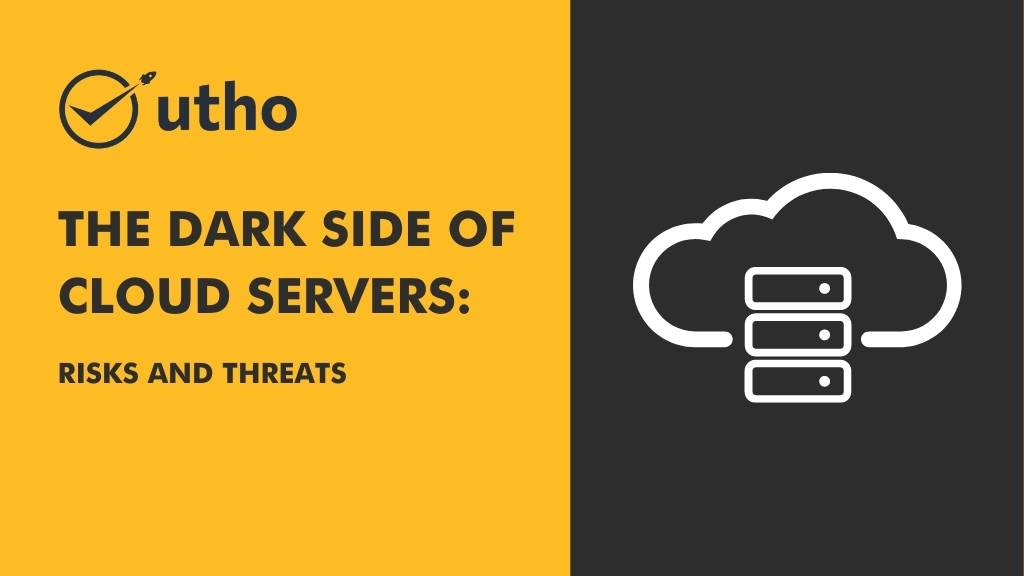The Dark Side of Cloud Servers: Risks and Threats

The Dark Side of Cloud Servers: Risks and Threats to Data Privacy and Security for Business Leaders and IT Professionals
As a CEO, CTO, VP, Developer, IT Manager or IT Admin, you understand the value of using cloud servers to store and manage data. Cloud servers are cost-effective, scalable, and offer the flexibility to access data from anywhere in the world. However, with these benefits come a host of risks and threats to data privacy and security that business leaders and IT professionals must address.
In this article, we will explore the dark side of cloud servers, the risks and threats they pose to data privacy and security, and strategies for mitigating these risks.
Data Privacy Risks for Businesses
Cloud servers store data in a shared environment, which means that multiple users share the same physical server infrastructure. While this makes it cost-effective and convenient, it also poses a risk to data privacy. A security breach that affects one user on the server can potentially compromise the data of other users on the same server. This can lead to legal and regulatory consequences, loss of revenue, and damage to brand reputation.
Furthermore, cloud service providers may collect user data, including personal information and browsing habits, to analyze and monetize. This can pose a significant risk to user privacy and data security, as this information can be shared with third-party companies or exposed to hackers.
Data Security Threats for Businesses
In addition to privacy risks, cloud servers also face security threats. The shared nature of the server infrastructure makes it vulnerable to hacking attempts, malware infections, and other security breaches. A successful attack on the server can result in data loss, theft, or exposure.
Furthermore, cloud service providers may not always have robust security measures in place to protect user data. This can leave businesses vulnerable to data breaches, which can result in severe financial and reputational damage.
Mitigating Risks and Threats for Businesses
To mitigate the risks and threats associated with cloud servers, businesses need to take a proactive approach to data security and privacy. This includes:
Carefully selecting a reputable cloud service provider that offers robust security measures and privacy policies.
Implementing strong password policies and two-factor authentication to prevent unauthorized access to the cloud account.
Regularly monitoring the cloud account for suspicious activity, such as unusual logins or data transfers.
Backing up data regularly to an external storage device or cloud service to minimize data loss in the event of a security breach.
Educating employees or team members on best practices for data security and privacy.
Conclusion for Business Leaders and IT Professionals
Cloud servers offer significant benefits to businesses, but they also come with risks and threats to data privacy and security. Business leaders and IT professionals must take a proactive approach to data security and privacy to protect their organizations and customers from the negative consequences of a security breach. By carefully selecting a reputable cloud service provider, implementing strong security measures, regularly monitoring the cloud account, and educating employees, businesses can ensure that their data remains safe and secure.